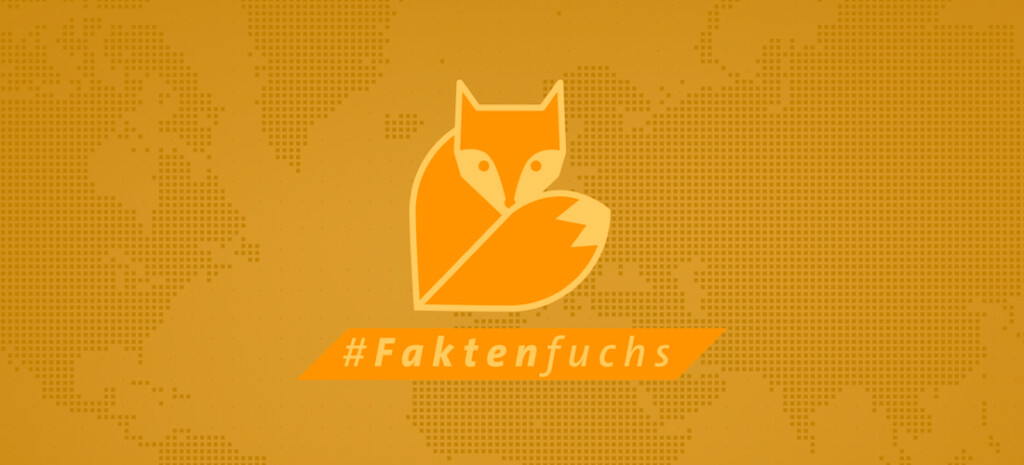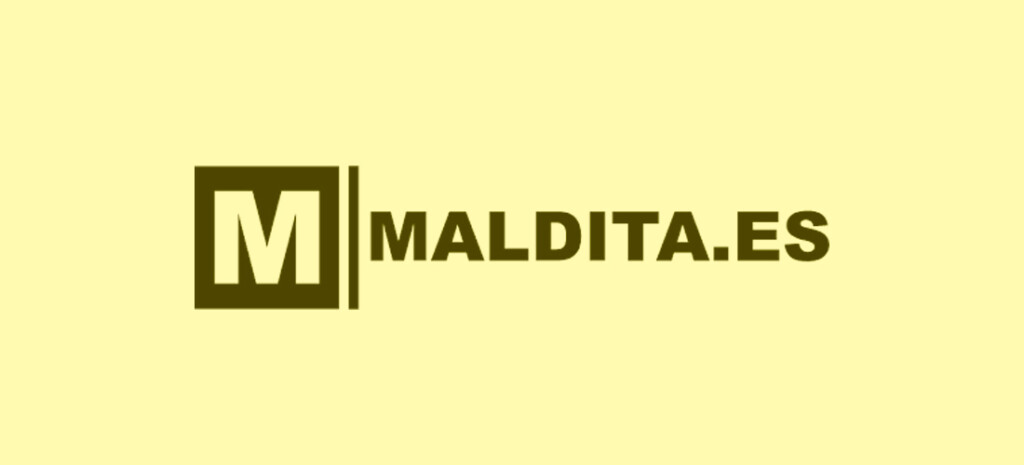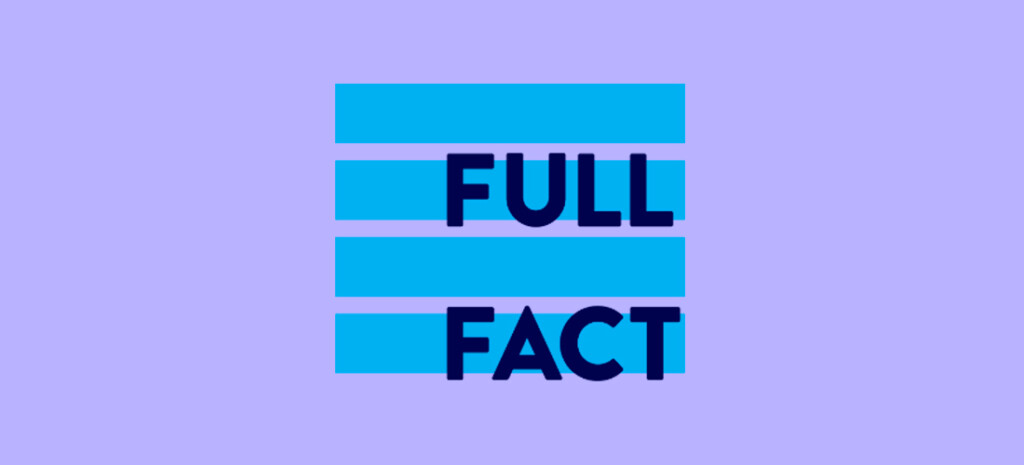Fact Checking
Innovation understood as a new way of doing journalism, which directly combats the disinformation that proliferates in the digital ecosystem, as well as the birth of projects and media based on this activity. It also highlights the innovative nature of the channels through which hoaxes are confronted and citizens are educated, such as social networks, and the technological commitment to artificial intelligence tools that allow mass verification in particularly complex cases, such as deep fake videos or images

In order to detect and debunk fake news the Bayerischer Rundfunk (BR) developed the Faktenfuchs in 2016. The BR is part of the Arbeitsgemeinschaft der öffentlich-rechtlichen Rundfunkanstalten der Bundesrepublik Deutschland (ARD) and thus a public media institution, which is financed through broadcasting fees. The team consists of nine authors, who use social media listening tools, among other things, in their work
Germany | Public media

Maldita.es is a non-profit organization pioneer in fact-checking in Spain. One of its main innovations has been the use of new distribution channels (WhatsApp, Twitch, Tiktok) to debunk hoaxes. Today, Maldita.es is one of the most visited fact-checking websites in Europe
Spain | Digital natives

Full Fact was founded in 2009 and is a “Fact checking” type of innovation. The initial objective was to fight disinformation of political figures and other big news media organizations. Today, more attention is paid to content originating from social media, in particular audiovisual content such as false images and videos. Full Fact wants to guarantee the general public’s access to quality information. At the beginning, they checked the news with other journalists or authors/politicians, today, they not only include members of the audience, but they also use their own AI enabled software
United Kingdom | Digital natives
